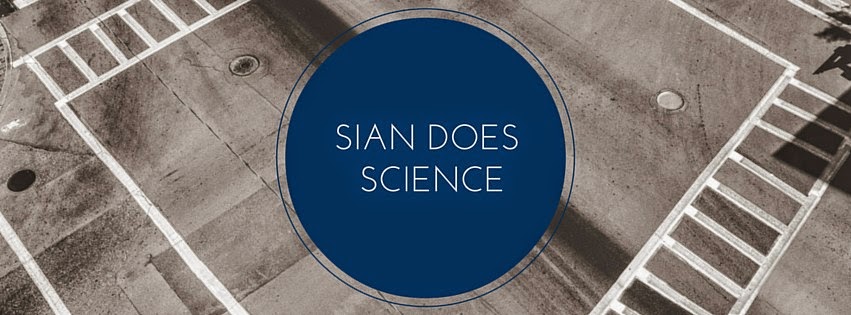Who am I? Why isn’t
anybody listening to me? Is everyone judging me on what I just said?
You may now be thinking that you’ve accidentally opened the
blog post of a tormented teenager, but you are sadly mistaken! This is me: a 23
year old PhD student struggling to write a Tweet. Not an essay, not my thesis:
a tweet! I mean come on, it’s only Twitter! What’s so hard about being a
Twitter academic…
When it first launched in 2006, Twitter was a hub of social
interaction, banter and hashtags. These days, Twitter is flooded with
academics, harnessing the power of social media to share their opinions and disseminate
their research findings to the world. So when I joined the craze, I was
understandably excited about the world of new possibilities and connections
that lay in front of me.
I sat down to write my first ‘intellectual’ tweet… And
nothing happened. Apparently writers block isn’t just reserved for ‘traditional’
academic writing! This struggle has continued to bother me throughout my endeavour
to be a fully-fledged ‘twitter academic’. I either feel as though I have
nothing of value to say, too much to say (in the case of the dreaded 36
character limit!) or absolutely no idea of how to say what I mean.
So here are my 3 top tips on how to be a ‘Twitter academic’:
1. Create your own
Twitter community: Following other Twitter academics can be a great way to
get started. Not only can you gain inspiration from their style, but you can
also respond, reply and interact with their tweets. This allows you to begin
conversing with other academics, making connections and forming an online community
where you can flourish and feel confident.
2. Find a balance
between ‘you’ and ‘academic you’: Tweeting is almost like shouting at the
top of your lungs in a crowded pub. Being in a public space, there are certain
things you’d never shout out! At the same time, a pub is a more relaxed
atmosphere than an academic setting. Make your tweets intellectual yet
conversational. Don’t worry if this seems difficult at first because tip number
three is…
3. Be brave! :
It’s very easy to get caught up in what others think about your tweets,
especially with direct feedback in the form of likes and retweets. However, try
not to get too caught up in the Twitter popularity contest. Making a
contribution on Twitter is better than remaining silent, and by engaging with
other Twitter users, you may interact with people who otherwise you’d never
have even met! So be brave, tweet and enjoy it!
What are your experiences of #BeingATwitterAcademic? Why not
share your own tips in the comments below?
Happy tweeting!
@SianDoesScience

































